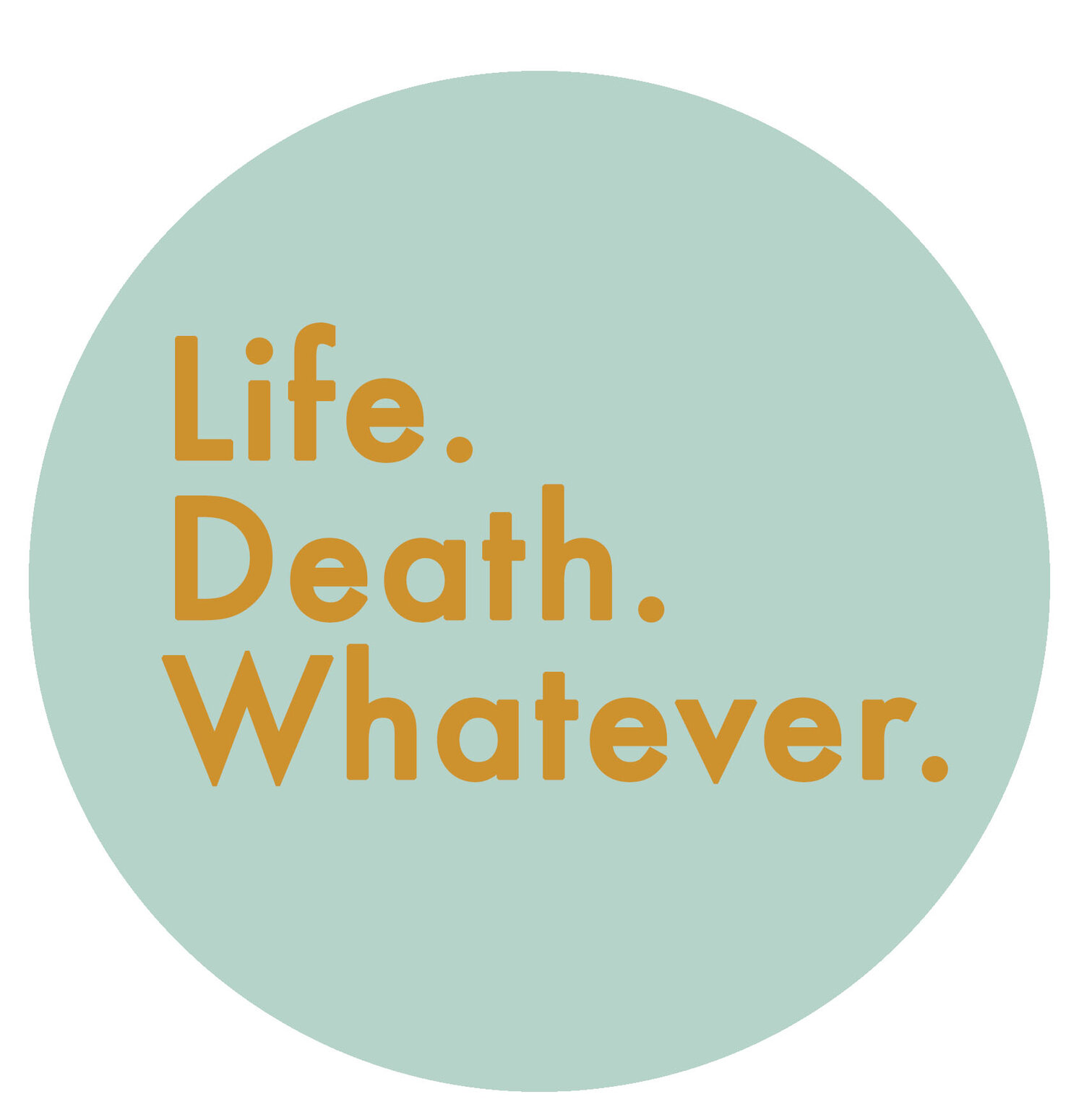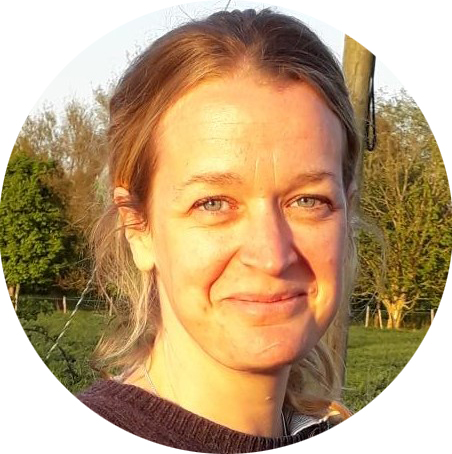By Holly Clarke
the founder of Holly’s Funerals
1. It’s important to give families time, support and guidance with the body of their relative after death.
Many people only experience one or two close deaths in their life, so when faced with a death in the family, they are often in a place of anxiety and more often than not, a complete lack of knowledge. Once upon a time religion supported a final ceremony with the family present, but as more people in our culture lack a religious belief, they are left with no framework, no rituals or ceremonies to support them when someone dies. Most are unaware that they can create their own rituals/ceremonies, all too often feeling that when someone has died, they have no rights. With an expected death there is no rush for the body to be moved and the peace, acceptance and love that can be gained from supported involvement in the final care of the body can be tremendous. I am passionate about training professionals and the public to do just this.
2. The more involved a family is with the funeral planning process the better their wellbeing.
Traditionally funeral directors would advise their clients to ‘not worry, we will take everything off your hands’. This, although well meaning, can be counterintuitive to the grieving process. Consider someone who has cared for their relative in the final stages of their life - every waking minute has been taken up with that person - only to be left with minimal involvement when creating a funeral. Where can their love and grief be channelled? We are creative beings and giving the gift of supporting someone to express their love through creating a beautiful funeral can be immensely healing.
3. They are given time by the funeral director.
Each one of us has a story to tell. All too often in our busy world we don’t get the chance to share our stories, to have someone witness them truly and openly. Every person who comes to us for help, support and guidance has been through a tremendous amount of, quite often, worry, trauma, stress and grief. More often than not the funeral director is the first person after the event that they can share their story with. Having someone to just lovingly witness the pain they have experienced, allowing them the space and the time to cry and begin to make sense of what has happened is a very basic human gift that shouldn’t be governed by time and cost.
4. Assumptions should never be made.
Not all deaths are bad. Some deaths are a relief, why? Because the person is no longer suffering, be it physically or emotionally. Yes, there may well be and usually is sadness but for many the sadness is for the suffering that the person endured in their final months of life. Families want to honour the person’s life, whatever that may have been, and to only focus on the sadness misses so much of who that person was for them. For a funeral director to always wear a face of false solemnity is patronising and families tend to sense this insincerity. What is important is to truly connect with people using intuition and love to gauge where they are, how they want to be engaged with and supported.
5. People need to be given ALL the facts and ALL the choices.
A person’s life can not be placed neatly into a Bronze, Silver or Gold package. Each and every person should be given the right to have a funeral that truly reflects their lives and their family’s needs, not what is easiest and deemed ‘most respectful’ by the funeral director. Respect is an intention of love, not a show of pompous cars, suits and false solemnity. We all have different ways of showing love and it is down to the funeral director to support the family to achieve what is right for them. Two of the biggest and most liberating pieces of knowledge that can be given to the public are (1) You do not legally have to use a funeral director in the UK and (2) You can have a funeral ceremony with the coffin present pretty much anywhere you like - village hall, garden, field, barn, stately home, woodland, the list goes on. YOU DON’T HAVE TO HAVE A PALTRY 30 MIN SERVICE AT THE CREMATORIUM!
About Holly Clarke
Holly originally trained as a veterinary nurse before going on to become an award winning artist specialising in animal miniatures. When her husband, Andy, designed a new shape of coffin called The Curve, she took up the role of hand painting them along with speaking to families. Over the years, Andy and Holly became aware of a more connected way for families to be involved in both the care of their dead as well as the funeral. Holly felt an ever pressing calling to share this information with people. In 2016 she set up Holly’s Funerals, an award-winning Holistic Funeral Directors based in Cranbrook & Tenterden in Kent, UK.
Holly is also training as an End of Life Doula and is a member of End of Life Doula UK.
To connect with Holly please visit her website, follow her on Twitter, Facebook and Instagram.



